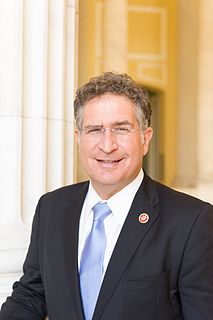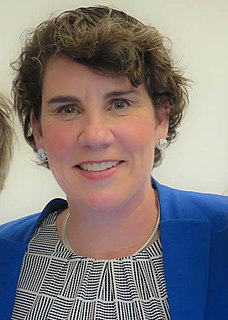A Quote by Ron Williams
The ACA - popularly known as 'Obamacare' - has been an important step forward toward an admirable goal: providing access to health insurance for all Americans. But like many reforms generated by the political process, the ACA is problematic.
Related Quotes
My biggest fear, that 27 percent of Americans under 65 have an existing health condition that, without the protections of the Affordable Care Act, would mean they would - could be automatically excluded from insurance coverage. Before the ACA, they wouldn't have been able to get insurance coverage on the individual market, you know, if you're a freelancer or if you had a small business or the like.
The Affordable Care Act is a huge problem. [Repealing the ACA is] going to have huge implications. We have millennials that live in Boston that are on their parents' health insurance. The businesses have hired them and have been able to hire more people because they have been able to be on their own health insurance. We have seniors in our city who have preexisting conditions, or something called a "donut hole," which is a prescription drug [gap] in Medicare. Whatever changes they make could have detrimental effects on people's health care, but also on the economy.
Obamacare's not imploding. The main goal of Obamacare was two-fold. One was to cover the uninsured, of which we've covered 20 million, the largest expansion in American history. The other was to fix broken insurance markets where insurers could deny people insurance just because they were sick or they had been sick. Those have been fixed, and for the vast majority of Americans, costs in those markets have come down, thanks to the subsidies made available under Obamacare.






























